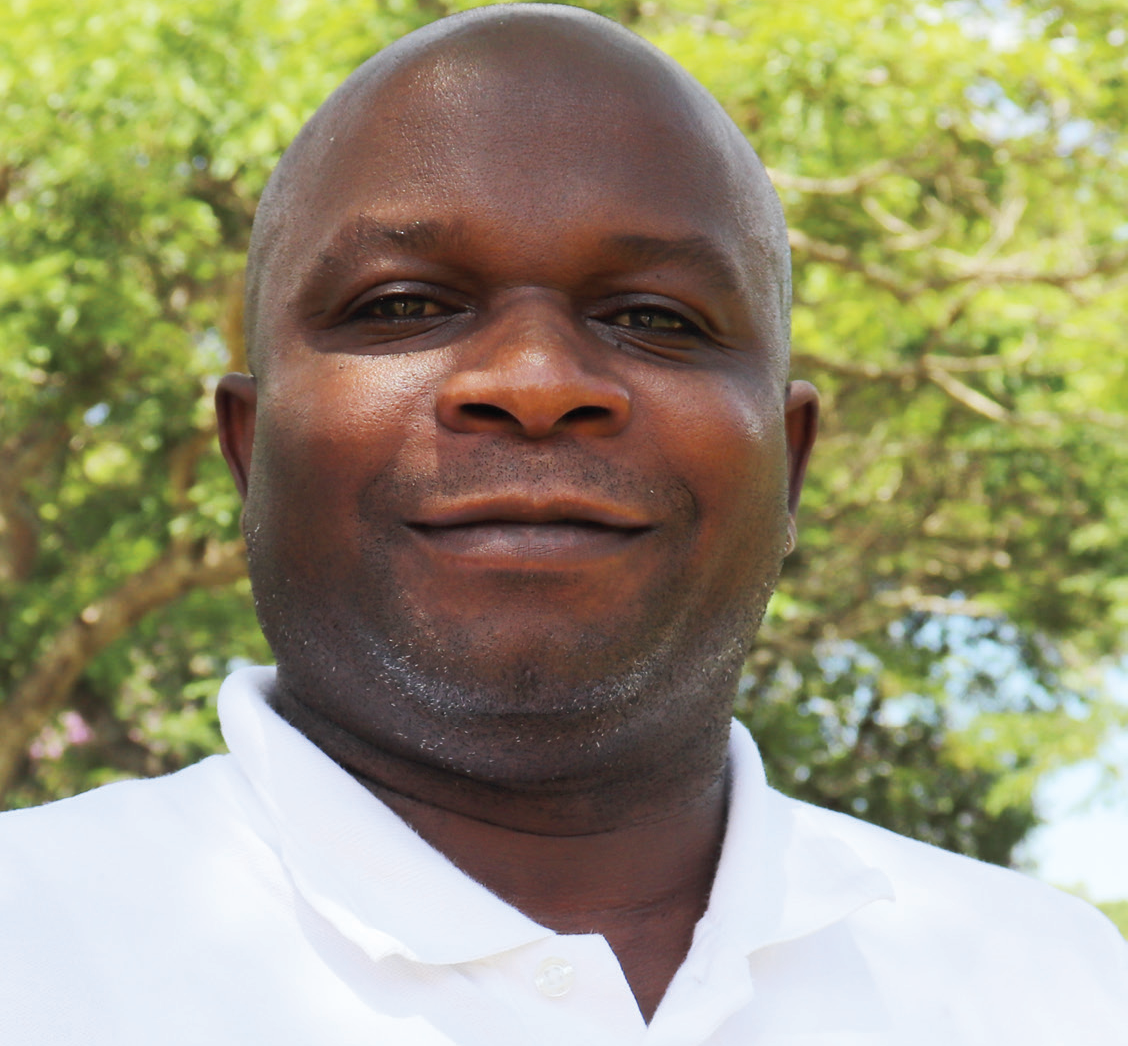Inequality kills
Last week, Oxfam International released a new report, Inequality Kills, which shows that the world’s ten richest men more than doubled their fortunes from $700 billion to $1.5 trillion during the first two years of Covid-19. This represents a self-enrichment rate of $15 000 per second or $1.3 billion a day at a time incomes of 99 percent of humanity fall and over 160 million more people forced into poverty. Our Mzuzu Bureau Supervisor JOSEPH MWALE asks Oxfam in Malawi’s Just Economies Programme and Policy Manager Mathias Kafunda on what needs to change to accelerate fair wealth redistribution to happen. Excerpts.

Q: What has changed since 2016 when Oxfam released a similar report, Closing the Divide, on how the poor were being pushed to the edges while the rich few got richer?
A: Since 2016, there have been no positive changes to reduce inequality, let alone deliberate policy choices to reduce inequality. The previous report projected that if inequality continues to rise as it has in recent years, 1.5 million more Malawians will be poor by 2020. According to the Malawi Poverty Report by the National Statistical Office, there has been an increase in poverty in Malawi in the past years. Overall, 20.5 percent of the population lived in extreme poverty in 2019/2020 compared to 20.1 percent recorded in 2016/2017.
Q:How do you assess government’s response to the Covid-19 pandemic, which has made it difficult for the poor to survive?
A: Government response to Covid 19, especially the stimulus packages, did not cover and target the poor. With the Covid 19, the poor households are worse off. Covid 19 has widened economic, gender and racial inequalities. Unequal access to incomes and opportunities has done more than creating unjust, unhealthy and unhappy societies: they have led to deaths of people. Our health facilities were still under-budgeted. Not many poor people were provided for in terms of the social protection essential to survive the crisis.
Q:How best can Malawi get out of extreme inequality?
A: Firstly, we need four important elements in public finance management to be functional: prudent fiscal decisions, credible budgets, reliable and efficient resource flows and transactions and institutional accountability.
Additionally, avoid a rapid increase in revenue from regressive forms of taxation as this shifts the burden of taxation to the poorest, increasing inequality rather than reducing it.
The value-added tax system can be made more progressive by exempting essential items and putting a higher rate on luxury items and real estate.
We need to adjust direct taxes, with potential to better use personal income tax to redistribute income by raising the bottom income tax threshold towards the recommended rate of one percent of GDP per capita. More can also be done to raise more tax revenue from Malawi’s wealthiest residents, including by introducing capital gains tax.
Tax corporations. There is also potential to increase tax revenues by reducing large tax exemptions and deductions afforded to corporations and individuals. Overall, tax expenditure—the sum of exemptions and deductions—in Malawi amounts to 2.2 percent of GDP, which is nearly equal to what is spent on the health sector, which got 2.45 percent of GDP in 2015.
Progressive and effective public spending on public services that benefit everyone in health, education, and social protection
Q: Why are the poor getting poorer and the rich richer while national budgets are always touted as pro-poor?
A: The budgets touted as such are only pro-poor on paper, not in execution. There are weaknesses in internal controls, cashflow planning, and commitment controls that lead to frequent budget reallocations that are weakening the links between policies and planned inter-sectoral budgetary allocations. As such, there are a lot of expenditures that are done in the budget not aligned with the development priorities that can reduce poverty- lack of budget credibility
Q: Where do we get it wrong in terms of policy and wealth redistribution?
A: Tax generation and the provision of public services is one of the main ways of redistributing wealth from the rich to the poor.
However, our tax structural policy choices are made for the richest and most powerful people. Instead of the tax to redistribute wealth by collecting more from the corporate individuals, they overburden the poor thereby increasing inequalities. Government can radically redesign its economies to be centered on equality. Through this we can claw back extreme wealth through progressive taxation; and invest in powerful, proven inequality-busting public measures; and boldly shift power in the economy and society.





